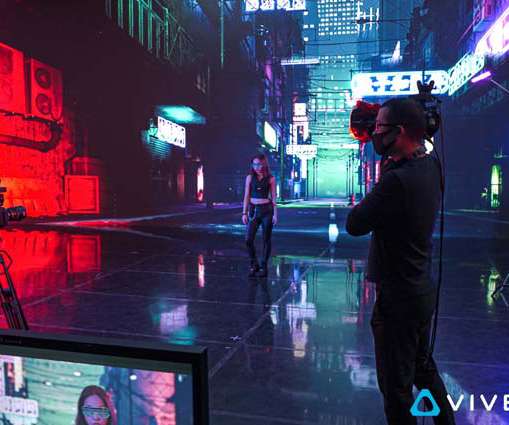59% of VR Developers Use Unity, But Devs Make More Money With Unreal
UploadVR Between Realities podcast
MARCH 5, 2017
Unity Technologies and Epic Games are in a grudge match for the hearts and minds of game developers. I interviewed both John Riccitiello, CEO of San Francisco-based Unity, and Tim Sweeney, CEO of Raleigh, N.C.-based Unity’s started out at the low end, enabling mobile devices to run better 2D and 3D graphics.












Let's personalize your content